We're loading the full news article for you. This includes the article content, images, author information, and related articles.
In its first major decision following the death of leader Raila Odinga, the ODM party has formally committed to President Ruto's broad-based government, a move aimed at national stability but one that exposes deep internal divisions over the party's future.
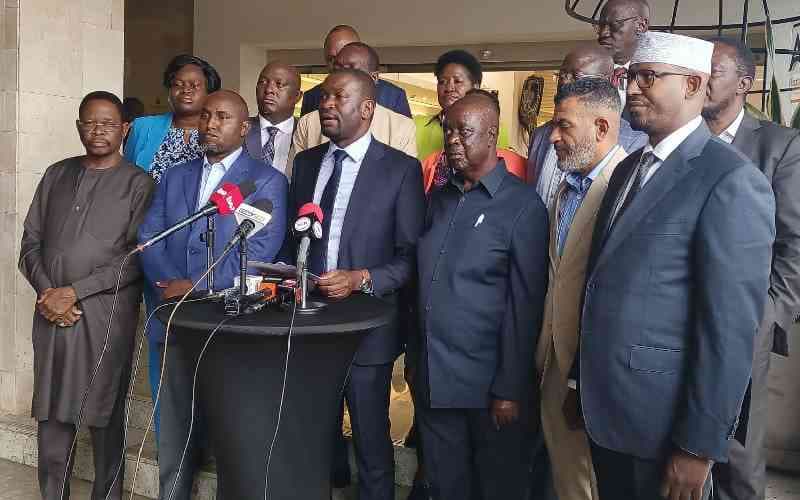
NAIROBI, KENYA – The Orange Democratic Movement (ODM) will remain in a partnership with President William Ruto’s administration until the 2027 General Election, the party’s leadership announced on Monday, a decision framed as honouring the final wishes of the late former Prime Minister Raila Odinga. The resolution was made during the first Central Management Committee meeting since Odinga's death and was communicated by Secretary-General Edwin Sifuna on the evening of Monday, 27 October 2025, EAT.
The committee, meeting under the party's new interim leader, Dr. Oburu Oginga, unanimously resolved to uphold the broad-based government arrangement. "We reiterate the commitment of the party to the broad-based government until 2027, a relationship guided by the 10-point agenda entered into for the sake of peace and stability of our country," Sifuna stated, reading from a prepared statement. This move solidifies a political realignment that began as a pact for national dialogue but has now evolved into a formal commitment for the remainder of the presidential term.
The decision comes at a pivotal and uncertain moment for Kenya's long-standing main opposition party. Following the death of Raila Odinga on 15 October 2025, a significant political vacuum has emerged. The party has moved swiftly to manage the transition, endorsing Siaya Senator Dr. Oburu Oginga, Odinga’s elder brother, as the new party leader. The Central Committee urged all members to rally behind Dr. Oginga to guide the party through what it termed a “difficult period.”
Key figures within the party have presented the continued cooperation with President Ruto’s Kenya Kwanza administration as a fulfillment of Odinga’s legacy. Energy Cabinet Secretary Opiyo Wandayi, speaking from Odinga's Bondo home on 17 October 2025, was unequivocal. "I want to affirm that Baba has left us as a people in government led by President Ruto, and that is where we are going to stay till the end... now and beyond 2027," Wandayi declared. He revealed that in their last conversations, Odinga had expressed that he found President Ruto to be a "sincere partner."
Despite the leadership's unified front, the decision papers over significant and increasingly public divisions within ODM. The pact with President Ruto has been a source of internal friction, with one faction advocating for full cooperation and another warning it could dilute the party's identity as an opposition force.
This latter group, which includes Secretary-General Sifuna and Siaya Governor James Orengo, has cautioned against a full merger and has insisted on ODM's independence ahead of the 2027 polls. During Odinga's funeral on 19 October 2025, Sifuna and others argued that the late leader's final wish was for ODM to strengthen itself and field its own presidential candidate. In a September 2025 address, Odinga himself had clarified that the memorandum of understanding with Ruto's UDA party did not cover the 2027 elections, a point Sifuna has repeatedly amplified.
Conversely, figures like National Assembly Minority Leader Junet Mohamed and Treasury Cabinet Secretary John Mbadi maintain that Odinga's wish was for the party to fully support the government. At the funeral, President Ruto fueled this narrative, vowing to "protect" ODM from those attempting to pull it out of the broad-based government. "By the grace of God, ODM will either form the government or be part of the next government," the President stated.
ODM's formal commitment to the government effectively reconfigures Kenya's political landscape, leaving the nation without a formidable, organized opposition for the first time in a generation. For the Kenyan public, this raises critical questions about governance, accountability, and the democratic process in the run-up to 2027. While proponents argue the pact ensures stability and allows for national development, critics worry it may stifle dissent and weaken oversight of the executive.
The party's leadership also used the Monday press conference to appeal to the national government to release billions of shillings in owed funds from the Political Parties Fund, arguing it is essential for securing Odinga's legacy and continuing the party's operations. As ODM navigates its future without its iconic founder, its ability to manage internal dissent while cooperating with a former rival will be a defining test of its resilience and its ultimate role in shaping the nation's political destiny.
Keep the conversation in one place—threads here stay linked to the story and in the forums.
Sign in to start a discussion
Start a conversation about this story and keep it linked here.
Other hot threads
E-sports and Gaming Community in Kenya
Active 9 months ago
The Role of Technology in Modern Agriculture (AgriTech)
Active 9 months ago
Popular Recreational Activities Across Counties
Active 9 months ago
Investing in Youth Sports Development Programs
Active 9 months ago
Key figures and persons of interest featured in this article
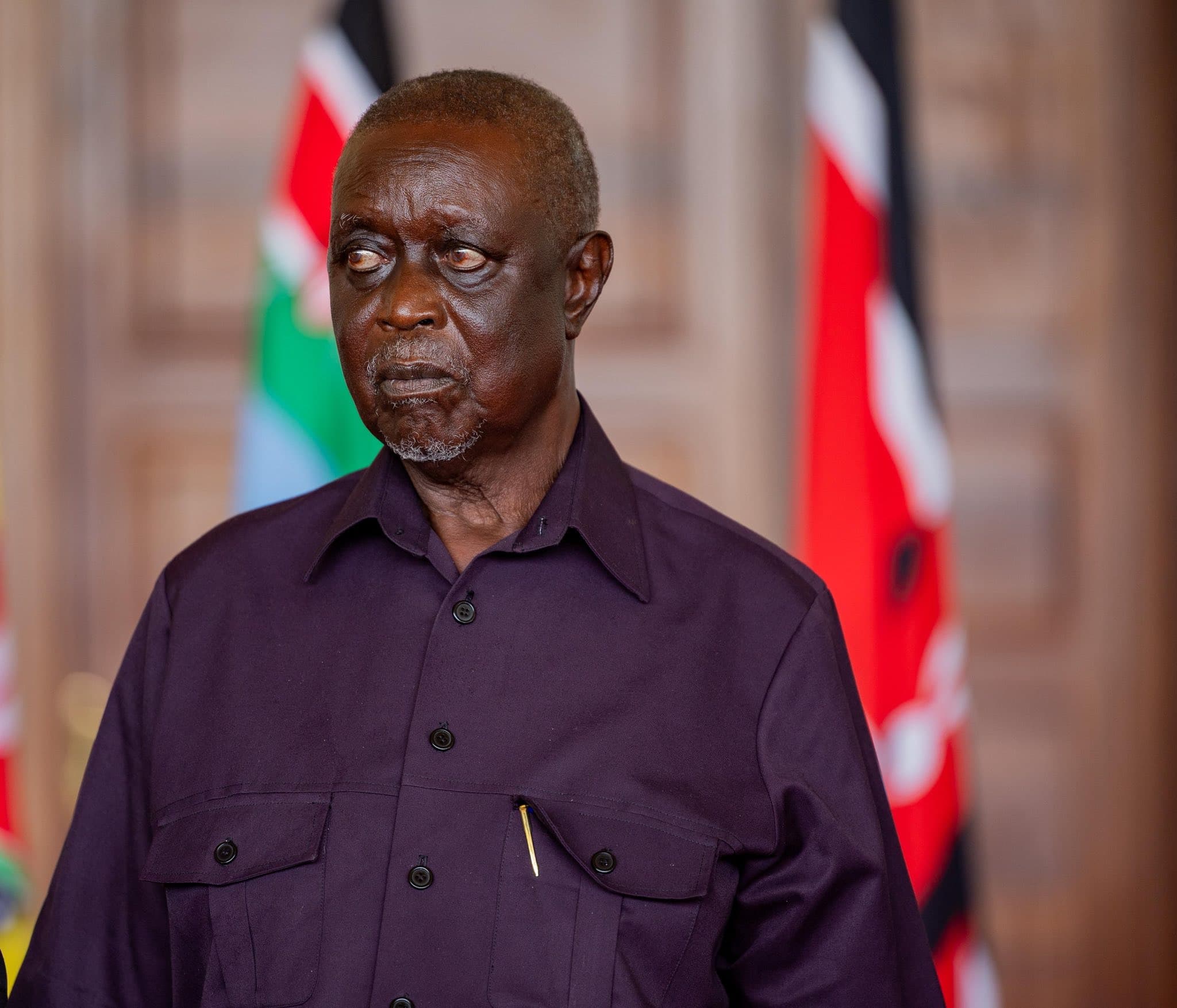
Senator for Siaya County
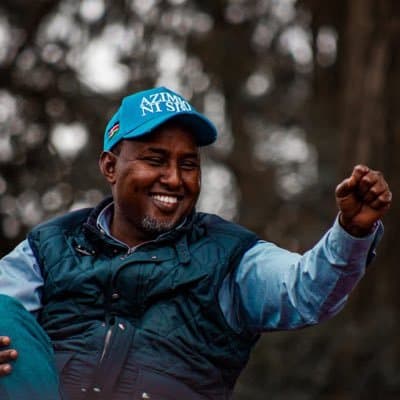
Minority Whip, National Assembly & MP for Suna East
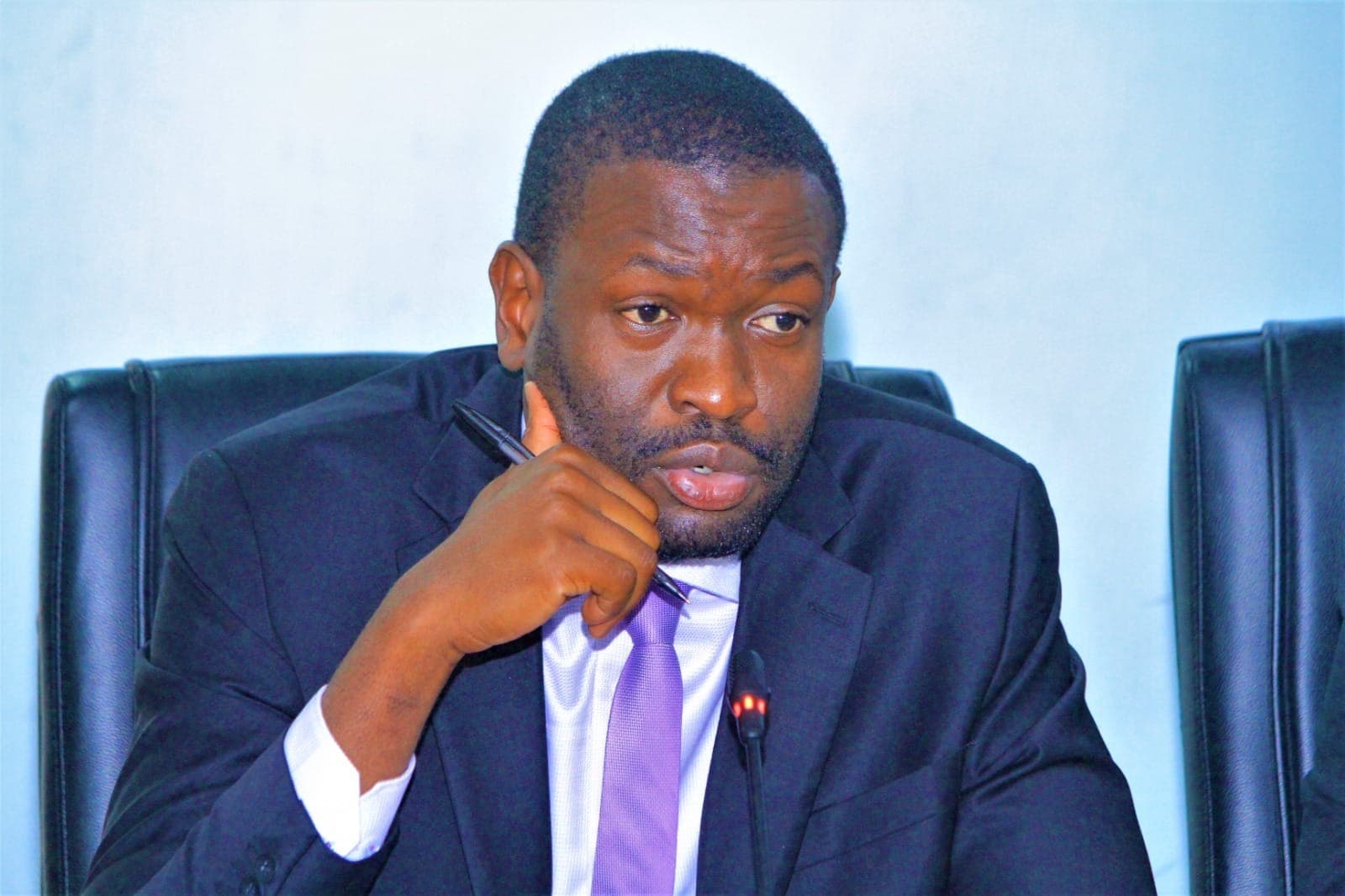
Senator for Nairobi County
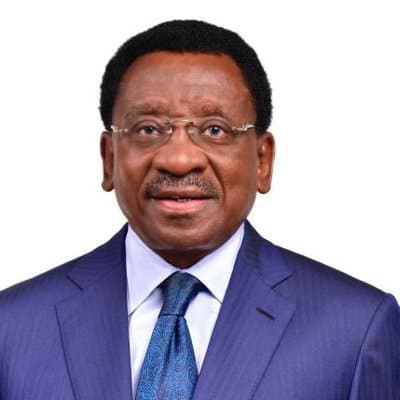
Governor of Siaya County
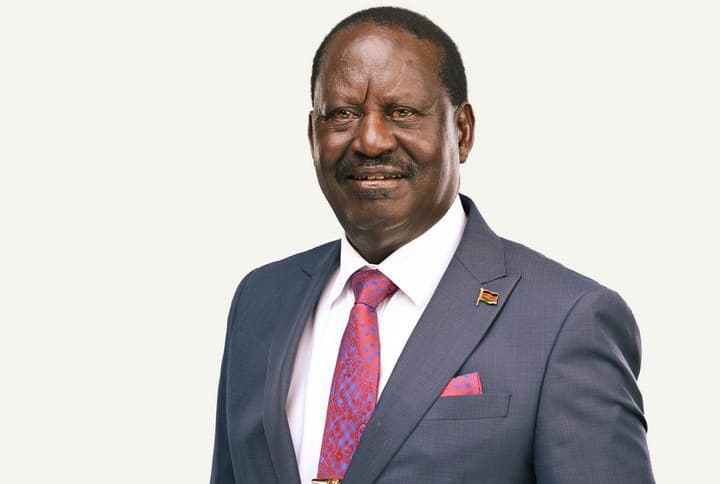
Leader of the Opposition
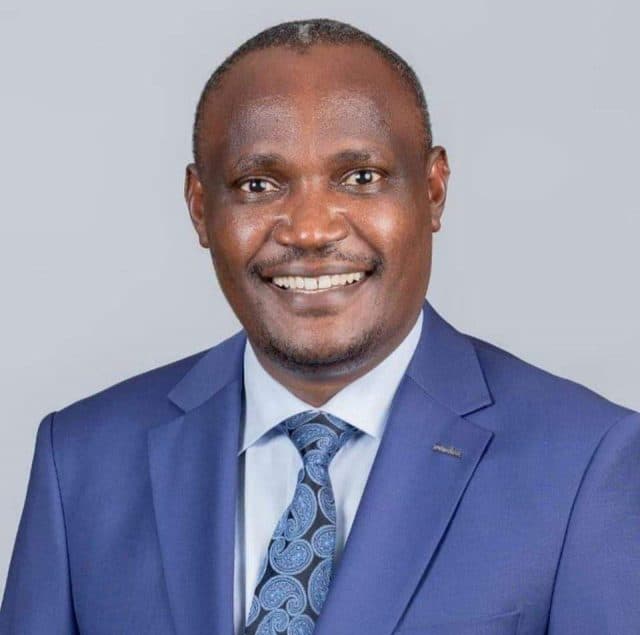
Cabinet Secretary for National Treasury and Economic Planning